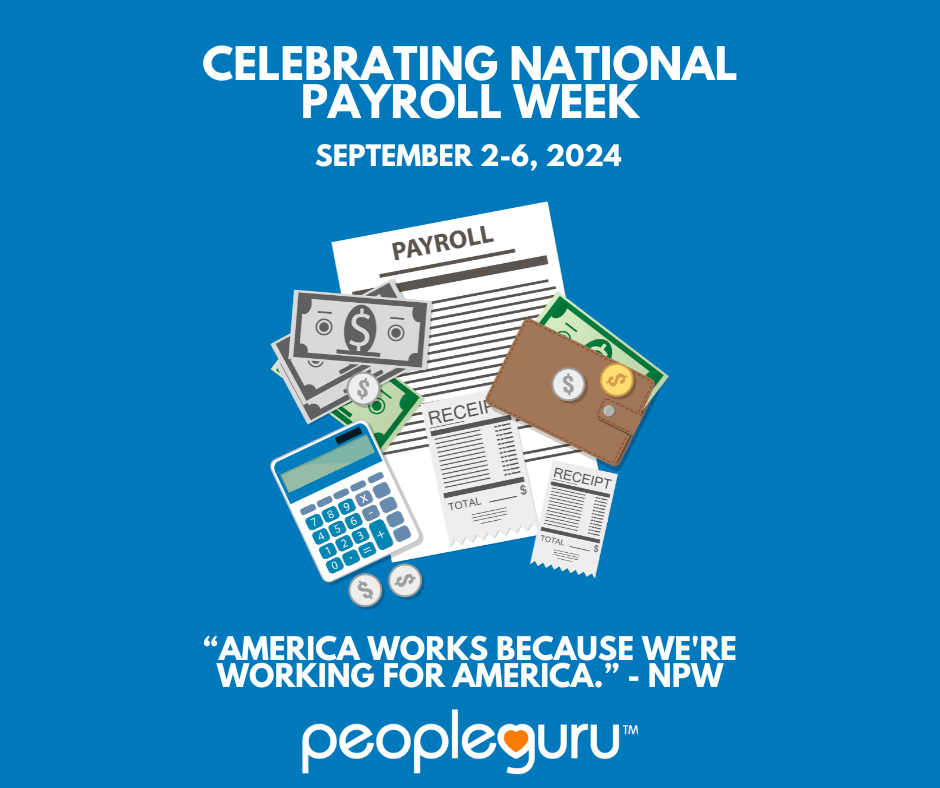
Navigating your way through the HR world can be a challenge, especially when you’re new to the field.
And, like any other job, sometimes you make a few mistakes along the way.
When you’re in charge of hiring, a bad hire can do serious damage to your company – and your reputation.
A bad hire can be a big waste of time, money, and resources. It can hurt morale. And it’s a poor reflection of the person who hired that employee in the first place.
Human resource managers need to know the signs of a bad hire so they can avoid facing issues down the line.
Keep reading to learn the 7 signs most HR managers miss that can indicate your new hire isn’t a good fit.
They Talk About Big Ideas But Don’t Deliver
Is there someone on your team that likes to talk a big game but can’t seem to deliver? You know you’ve got a problem when someone loves to talk strategies and loves to hold meetings, yet never seems to be able to execute.
Having great ideas isn’t enough – you have to be willing to put in the work to make those ideas happen.
During the hiring process, ask potential employees for an example of how they created a strategy in the past. Ask them what they did to put that plan into action.
If they can’t give you good examples of what they did in the past, they might not be the right fit for your company.

They Always Seem Distracted At Work
Most interviewees are on their best behavior during the interview process, so this is a hard one to predict. But there’s no doubt about it – you know you’ve made a bad hire if your new team member is constantly distracted by things other than work.
Taking personal phone calls, chatting on their cell phone, checking social media…these are all signs of a bad hire. Taking long lunch breaks or frequent breaks throughout the day is another sign. Work hours are for working – if you come across someone who is always distracted by outside factors, it’s a problem.
They Talk Poorly About Their Past Employers
It’s a big red flag if someone only has negative things to say about their past employers. It can be a sign that they lack a sense of responsibility. It could be their unwillingness to take accountability for their own actions. It might also be a sign of immaturity and demonstrate a lack of respect for others.
This is an easy one to weed out during the interview process. Ask questions about prior employers – if your interviewee has nothing but negative things to say, it’s a bad sign.

They’re Unwilling To Learn
It doesn’t matter if you’ve been in your role for one year or twenty years – good employees and strong team players always show a willingness to learn. If someone doesn’t want to grow, they’re not that invested in the company. It’s also a bad sign if they always compare their work to the way they did things at their old job.
Bringing ideas from a previous employer to a new employer can be a good thing. But at the same time, it’s important to demonstrate that you are willing to learn and do things differently.
If an employee seems to think they have all the answers, they might not be the best fit for your team.
They’re Unwilling to Take on New Work
As soon as someone says “that’s not in my job description” you know you’ve got a problem. When the workload builds up or a stressful project needs completing, everyone should be willing to pitch in to do what they can to get it done.
Hearing the words “that’s not my job” is a clear indicator that your new hire is not a team player.
There are some questions you can ask during the interview process to get a sense of this before offering someone the job. Ask them to give you an example of something they did that was above and beyond what was expected of them in a previous job. If they can’t give you one, you can assume they won’t go above and beyond for your company either.
Also, ask if they are flexible and able to adapt. If an interviewee can provide examples of their flexibility, that is a positive sign.

They Put In Minimal Effort
We’ve all worked with these people before – they start packing up at 4:30, they dilly-dally for the last half hour of the day, and they’re out the door at 5 o’clock. This is not what a team player does.
Anyone who’s out the door and in the parking lot at 5:02 is not invested in the company’s growth. We’re not suggesting that you have to work all hours of the night to be a valuable employee – everyone deserves a work/life balance. But the 9 to 5 hours should be set aside for work and only work.
During the interview process, ask your interviewee what their typical schedule was like at their last job. If they make it clear that they aren’t willing to put in any extra time, you might be looking at a bad hire.

They Have A Lot of Demands
If someone already has a vacation planned and they tell you during the interview that they will need a certain week off, that’s fine. But if they start on a Monday and are already requesting vacation days by Friday, you’re in trouble.
It’s important that employees not make too many demands too early on. And that includes asking about raises and promotions. If a new hire starts asking about a promotion two weeks into the job, it’s likely that what they’re really looking for is a raise. Employees with unrealistic expectations will be hard to satisfy. And when they’re dissatisfied, they won’t perform to company standards.
Avoiding a Bad Hire
It’s impossible to learn everything you need to know about a person during an interview, so it’s best to go with your gut instinct when making a new hire. Once that person is on the payroll and issues arise, you might have to make the tough decision to let them go.
This is why it can be a good policy to place new hires under a probationary period.
Listen to feedback from other employees and managers. If you get the impression that an employee is not working out as you’d hoped, it might be best to let them go sooner rather than later.
Keeping a bad employee on can cause bigger problems within the company and lead to more issues down the road. Keep these tips and tricks in mind and show your dedication to the company by recognizing the signs and knowing when to let a bad employee go.
Eliminate manual work and make HR easier
Get this free eBook to learn how you can modernize your HR like a Fortune 500 company, without spending a fortune.

Psst: Our newsletters are basically
HR cheat sheets, delivered to
your inbox
Find inspiration, human resources tips, and ideas
Network with us on LinkedIn
Love tips and the occasional freebie?
Like us on Facebook
On the count of 3,
get ready to
say cheese!
We’re on Instagram
The best 280 characters you’ll ever read
Follow us on Twitter
Watch demos, learn features and much more
Subscribe to our channel









